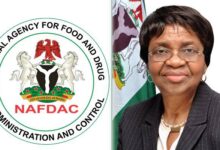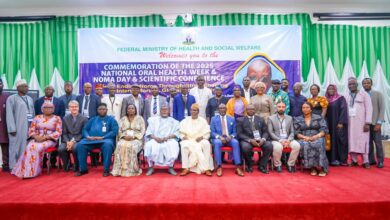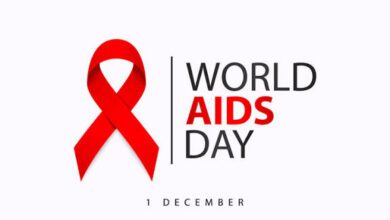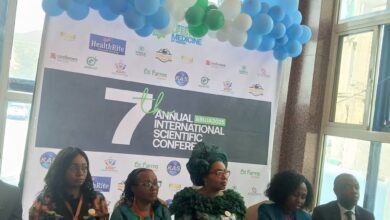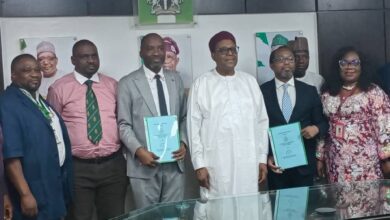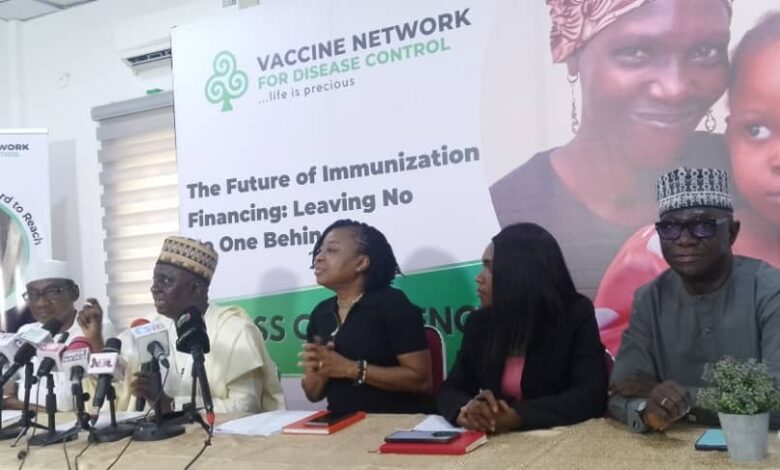
The Vaccine Network for Disease Control (VNDC) and other stakeholders have called on President Bola Tinubu to prioritize timely vaccines financing, adding that every $1 spent on purchasing vaccines would save $44 in the future.
CEO of VNDC, Chika Offor who made the call at a press conference in Abuja on Monday explained that the negative impact of vaccine preventable diseases on individuals, their families and the nation was devastating.
Offor informed that the 2025 budget’s allocation of N231.7 billion for immunization, malaria vaccination, and vaccine tracking was a significant milestone toward universal vaccine coverage.
However, the sustainability of these gains were now at risk. “With the exit of USAID funding and diminishing donor support, Nigeria’s vaccine financing is more vulnerable than ever.
“Shrinking fiscal space and competing national priorities further threaten immunization programs. If we do not act swiftly, we risk reversing the progress made in 2024”, she warned.
The CEO maintained that vaccines had saved millions of lives and remained central to Nigeria’s health and development goals.
“In just two decades, immunization efforts have eradicated the wild poliovirus, protected over 30 million children under five, achieved 71% National HPV vaccination coverage, protecting over 12 million girls”.
Despite these achievements, however, Nigeria remained one of the countries with the highest number of zero-dose children, those who had never received any routine vaccine.
“These numbers represent real lives and
futures at stake. We cannot afford to let vaccine shortages put our children at risk. A sustainable vaccine financing Strategy is essential to ensure predictable funding and timely vaccine supply.
“We plead with the government to release all pending allocations for immunization services in the country and include vaccine financing as a first-line charge in the national budget, ensuring timely disbursement and sustainability”, she said.
The stakeholders also urged President Bola Tinubu to direct the Ministry of Budget and National Planning to establish a predictable and sustainable immunization financing framework.
They noted that, currently, vaccine funds were part of the Service-Wide Vote, making disbursement uncertain.
They therefore urged the National Assembly (NASS) to support the inclusion of vaccine financing as a first-line charge in the annual budget. This will ensure timely and predictable funding for immunization.
Furthermore, State and Local Governments were also urged to allocate dedicated vaccine funding, ensure timely budget releases, and establish accountability mechanisms to ensure effective resource utilisation.
On his part, Nigeria Coordinator, Global Health Advocacy Incubator (GHAI), Prof. Emmanuel Alhassan said, “it is very clear that vaccines save lives. It is very clear that if we do not start a pathway for sustainable immunization financing in Nigeria, we are going to be having really terrible health outcomes”.
He therefore stressed that it was important for government to prioritize vaccine financing, putting it at the front burner, “rather than the current regime where it has to follow the normal process of budgeting”.
Similarly, Chairman of the National Health Authority Insurance Authority (NHIA), Dr Ibrahim Oloriegbe stated that, “if you spend adequate money on vaccine, you spend less on treatment”.
He explained that if vaccines were not taken at the time they are meant to be taken, they become useless, therefore that is why government at all levels need to release funds for vaccination predictively and timely.
They lamented that we were in April but the country still hadn’t released 2024 funds for vaccination.


